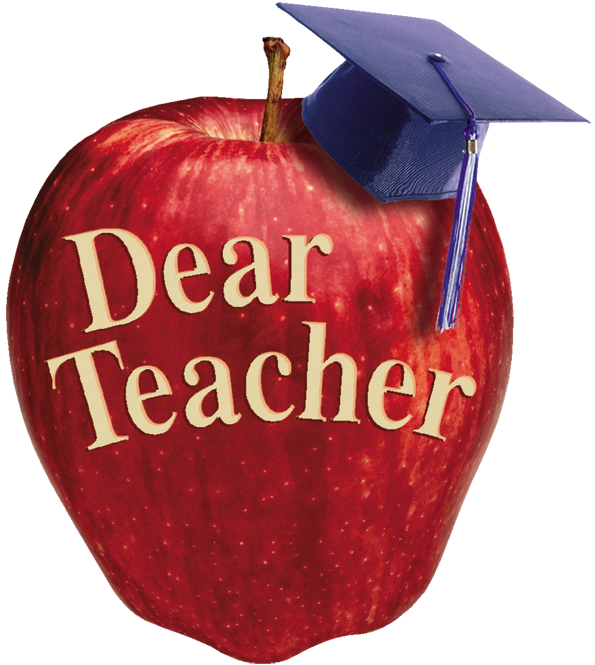Question: I have two very young children -- a new baby, 5 months old, and an 18-month-old toddler. We have a slight history of hearing loss in our family, so I worry about the hearing of my two young children. The pediatrician says their hearing is fine. What should I do? -- Worried
Answer: You need to learn as much as you can about hearing loss. Visit the website of the Hearing Health Foundation (hearinghealthfoundation.org). Its mission is to prevent and cure hearing loss through groundbreaking research. Being aware of developmental milestones and watching for signs of hearing problems can help you make sure your child's progress stays on track.
All parents need to be aware that there is a universal hearing screen for newborns that has helped to identify most children with hearing issues quickly and accurately. With simple tests, 80 to 90 percent of hearing loss can be detected, and these children can begin early intervention with the best possible outcomes for language development.
However, even if a child passes the newborn screening at birth, hearing loss that is genetic or progressive may not appear until later, when a child is a toddler or older. It's important to identify the signs that may suggest a possible hearing loss in a child as quickly as possible so the next steps can be taken: testing, followed by appropriate treatment and management.
Delayed or absent speech development is the most important clue indicating a possible hearing loss in a very young child. Identifying hearing loss in an infant or young child requires watching for critical developmental milestones. Detecting a hearing loss as early as possible and then treating it can help a child's speech and language develop at a rate comparable with that of children without a hearing loss. Use the following milestones as a guideline, and always discuss any concerns with your pediatrician.
- -By 3 months, your baby recognizes your voice, makes cooing noises and is startled by sudden, loud noises.
- -By 6 months, your baby recognizes speech sounds and familiar voices, turns his head toward interesting sounds, plays with his own voice and laughs. Your baby uses his voice to indicate pleasure and discomfort and has speech-like conversations with caregivers.
- -By 9 months, your baby understands simple words like "Mommy," "Daddy," "no," "bye-bye" and his own name.
- -By 10 months, your baby's babbling should sound speech-like, with strings of single syllables ("da-da-da-da").
- -By 12 months, one or more real, recognizable, spoken words emerge. --By 18 months, your toddler should understand simple phrases and be able to retrieve familiar objects and point to body parts on command (without gestures). Your toddler should have a spoken vocabulary of 20 to 50 words and short phrases ("all done," "go out," "Mommy up") and is learning new words every week.
- -By 24 months, your toddler's spoken vocabulary should be 200 to 300 words, and simple sentences can be spoken. Adults who do not spend time with your child on a daily basis can understand your children's speech. Your child should be able to sit and listen while being read to. Y
